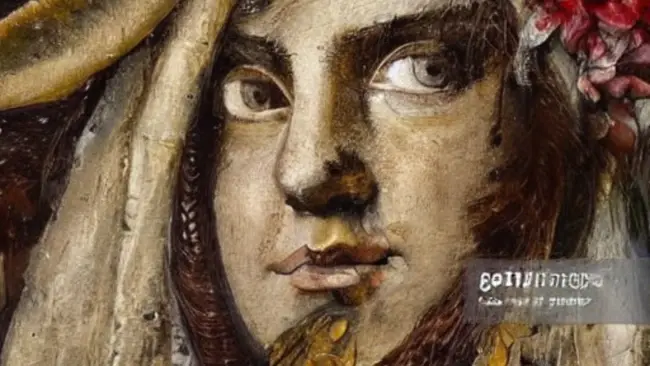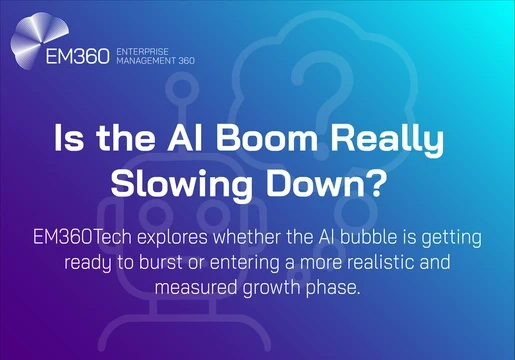The image for this article was created using Stable Diffusion. It shows a distorted Getty watermark.
Image repository Getty Images has announced it is taking legal action against Stability AI for allegedly stealing millions of copyright-protected images to train its AI image generator Stable Diffusion.
In a statement released on Tuesday, January 17, the stock image giant said Stability AI had “unlawfully copied and processed” millions of images from its website for its own commercial exploitation, and “to the detriment of content creators” posting on the platform.
“Stability AI did not seek any such licence from Getty Images and instead, we believe, chose to ignore viable licensing options and long-standing legal protections in pursuit of their standalone commercial interests, Getty Images explained.
The lawsuit will reportedly include violations against several of Getty Image’s Terms of Service, such as image scraping – the process used by the AI generator to generate images.
Stable Diffusion is a text-to-to-image generator that creates images based on a phrase or a word by combining different ideas, attributes and styles taken from online images.
AI-generated images dominated headlines last year as several text-to-image models such as MidJourney, Lensa AI and OpenAI’s DALL-E surged in popularity around the world.
Last September Getty Images banned the upload and sale of AI-generated images on its commercial database due to copyright concerns surrounding the scraping method used to create content.
“We’re taking action to protect our and our contributors’ intellectual property rights.”, CEO Craig Peters told the Verge in an interview.
“[Stability AI] made no outreach to Getty Images to utilise our or our contributors’ material so we’re taking an action to protect our and our contributors’ intellectual property rights,” he added.

Content Creators’ War with AI
The lawsuit marks the first escalation in the developing legal battle between generative AI developers and content creators publishing their work online.
Generative AI tools like Stable Diffusion depend on human-uploaded images to gather the data needed to generate their images. AI Developers scrape millions of these images from the web often without the knowledge or consent of their creators.
The process has caused an uproar across the creative community. This week, three artists brought a class-action case against Stability AI and two other AI art providers – DevianART and MidJourney – after finding their work in the databases used by the AI engines.
The artists allege that AI image generators are merely “21st-century collage tools only capable of producing images that are remixed and reassembled from the copyrighted work of others.”
They note that the AI image providers “violated the rights of millions of artists” and “induced their customers to unknowingly violate the DMCA by withholding attribution and other information.”
Artists are standing up for their work. Getty Images is also doing a lawsuit.
— Agnes Garbowska (@AgnesGarbowska) January 17, 2023
Most artists are not against AI, but they are against having their work used without their permission & used for profit. It's about respect. Respect art and the artists. ❤️ https://t.co/fUyOS81UpC
To read more about generative AI, visit our dedicated AI in the Enterprise Page
Attorney Matthew Butterick worked with the three artists to file to suit against Stable Diffusion. In his Stable Diffusion Litigation Blog, he describes the AI system as a “parasite that, if allowed to proliferate, will cause irreparable harm to artists, now and in the future.”
But AI optimists disagree. They see AI engines as a tool that can be used to enhance artistic creation rather than destroy it.
Experts have also noted that AI systems do not actually “store compressed copies of training images” as claimed in the artists’ suit but instead store mathematical representations of patterns and styles collected from images.
It does not create a collage of the images by taking pieces from several different images, but rather creates the image itself using the mathematical code it has collected.
"Anyone that believes that this isn't fair use does not understand the technology and misunderstands the law," a Stability AI representative said in response to the suit.
The “legal minefield” that is AI
Although the full details of the Getty Images lawsuit are yet to be released, it is likely that copyright violations will be at the forefront of the legal debate in the US courts.
But since generative AI image generators have only just been released to the world, legal experts remain sceptical about their copyright implications and are divided on how the case will play out.
"For hundreds of years, human artists learned by copying the art of their predecessors.“At no point in history has the law sanctioned artists for copying merely an artistic style,” Patrick Goold, a reader in law at the University of London, told BBC news.
"The question before the US courts today is whether to abandon these long-held principles in relation to AI-generated images,” he added.
While AI technologies are new and the law has not been created, companies using AI-generated images for commercial purposes are putting themselves at great legal risk.
“Right now the legal minefield is still not packed with mines because legal has a tendency to follow after technological disruption. But the minefield is there, and it’s real,” Jonathan Løw, the co-founder of JumpStory, told SiliconRepublic.
The World AI Cannes Festival brings together the industry leaders and AI change-makers truly committed to change the tech game and create a more purposeful AI world! For its 2nd edition, more than 15 000 of the world’s best AI providers, industry leaders, and visionary startups have already confirmed their participation. This unprecedented concentration of the most successful personalities and architects in AI makes The World AI Cannes Festival the #1 marketplace where you need to be (seen).







Comments ( 0 )